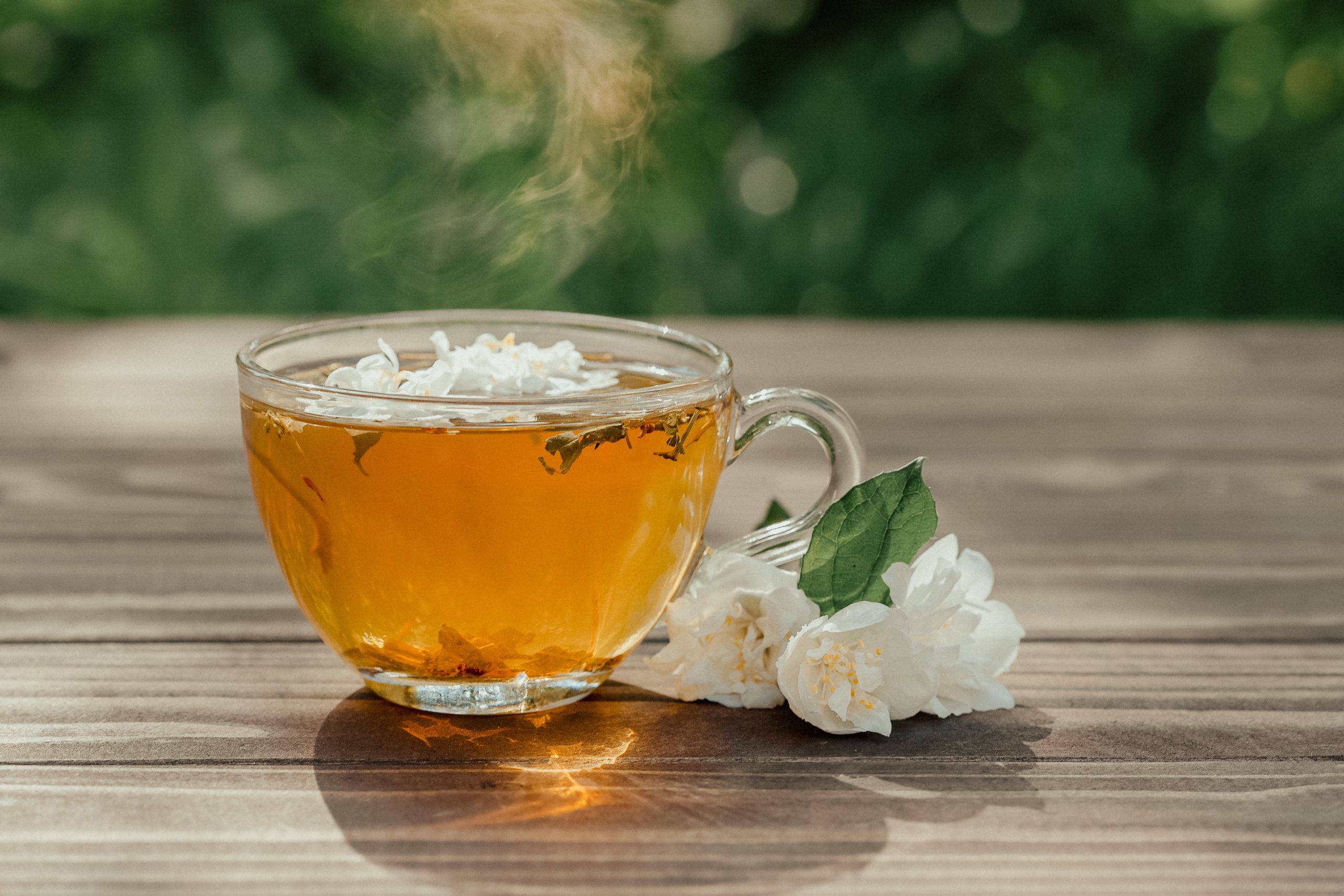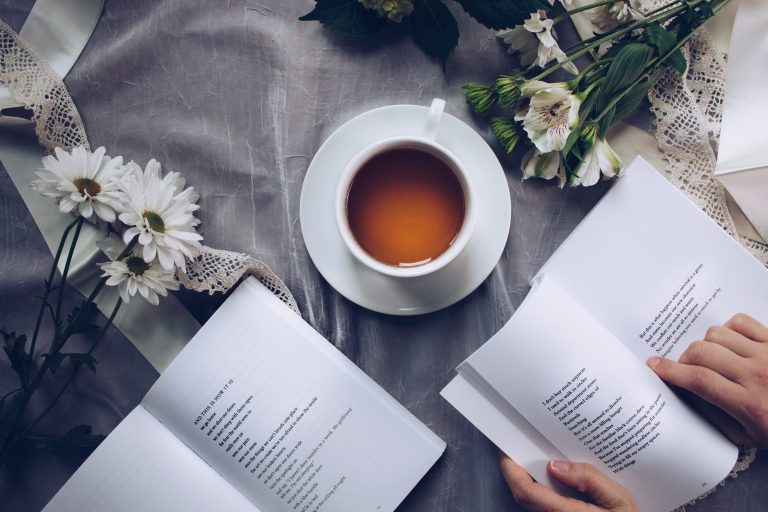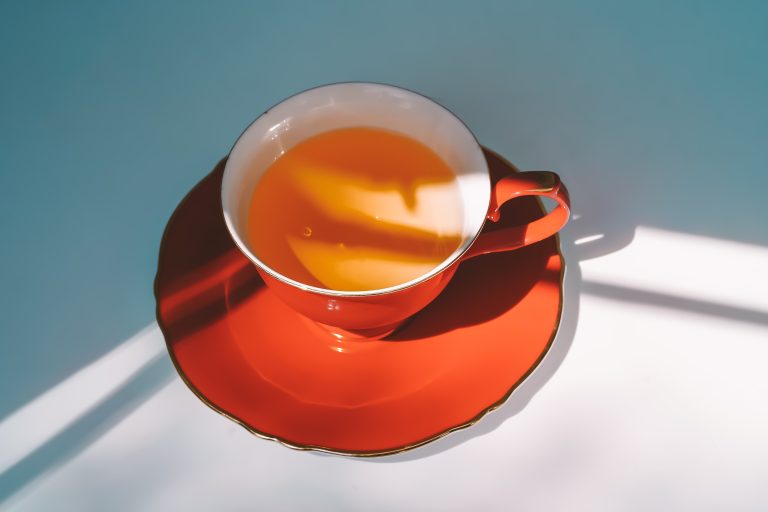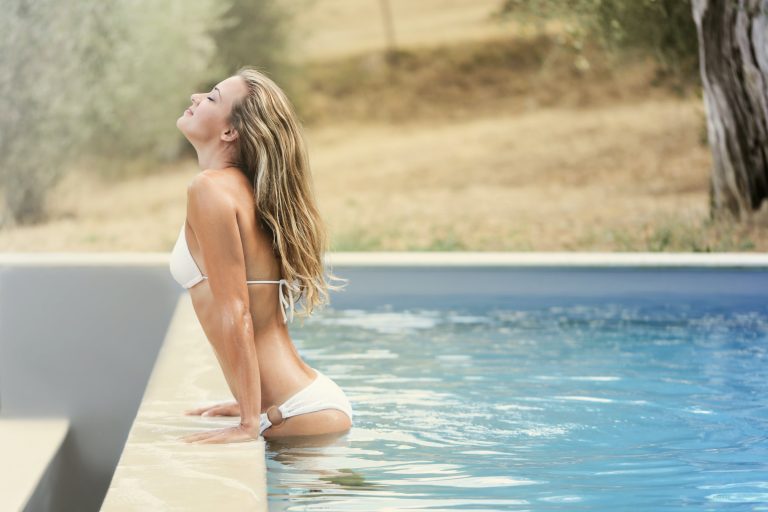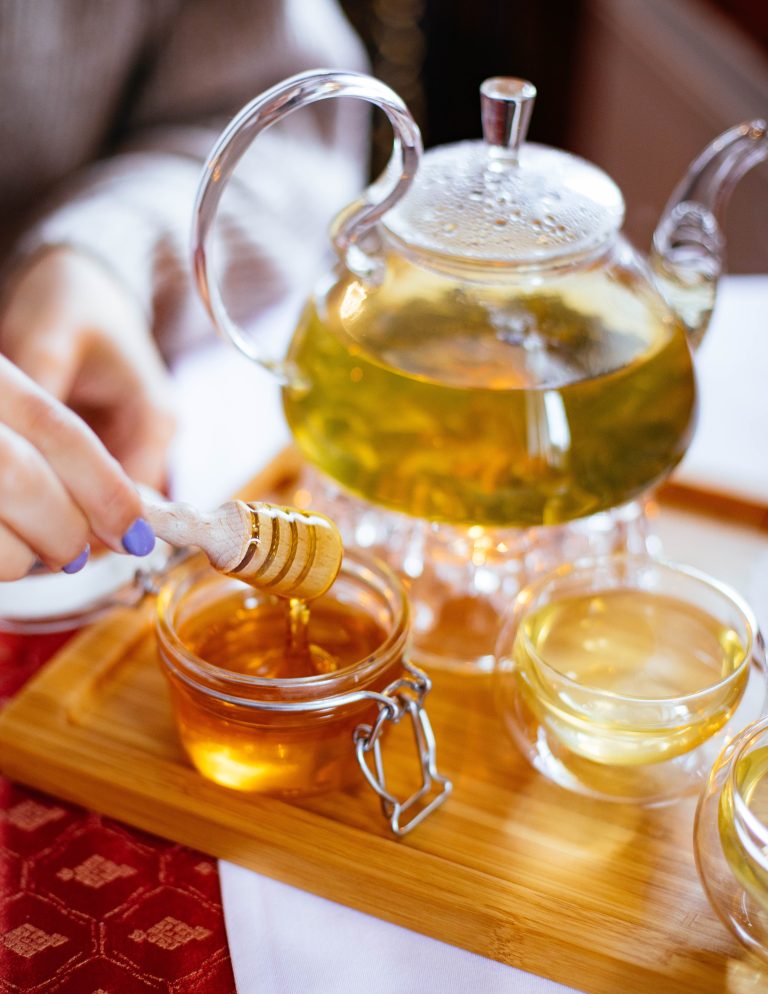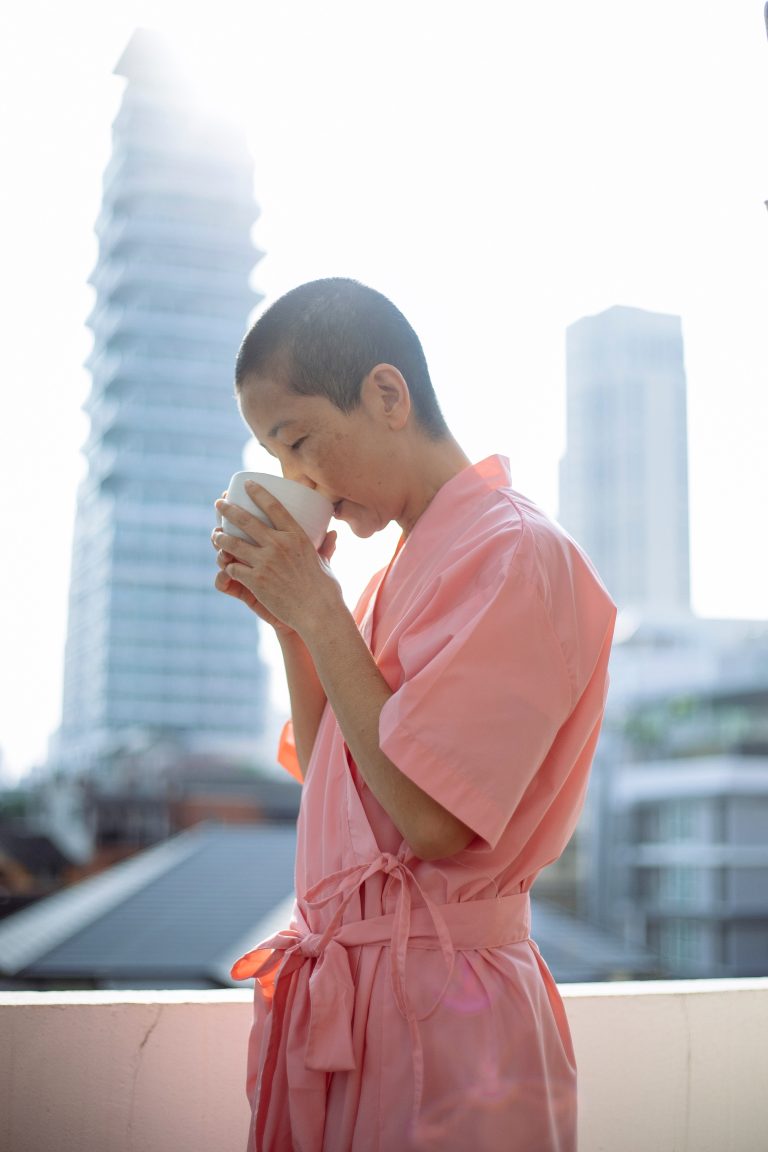Does Jasmine Tea Have Caffeine?
Jasmine tea is a popular tea variety that is well-loved for its sweet, fragrant aroma and delicate flavor. But for those who are sensitive to caffeine or are trying to limit their caffeine intake, the question arises – does jasmine tea have caffeine?
The answer to this question is not straightforward, as the caffeine content of jasmine tea can vary depending on a number of factors, including the type of tea used as a base, the amount of jasmine flowers added, and the brewing method.
Generally speaking, jasmine tea is made by infusing green, white, or black tea leaves with jasmine flowers, resulting in a fragrant and flavorful brew. Green tea is the most commonly used base tea for jasmine tea, as its delicate flavor profile complements the sweet floral notes of the jasmine flowers.
Green tea naturally contains caffeine, and the amount of caffeine in jasmine tea will depend on the type of green tea used. On average, a cup of green tea contains around 25 milligrams of caffeine, which is significantly less than a cup of coffee, which contains around 95 milligrams of caffeine.
However, the amount of caffeine in jasmine tea can also be affected by the amount of jasmine flowers used in the blend. Some jasmine teas may contain more jasmine flowers than others, resulting in a stronger floral flavor but potentially also a higher caffeine content.
Another factor that can influence the caffeine content of jasmine tea is the brewing method. Brewing tea for longer periods of time or using hotter water can result in a higher caffeine content, as more caffeine is extracted from the tea leaves.
If you are particularly sensitive to caffeine, or are trying to avoid it altogether, there are some steps you can take to reduce the caffeine content of your jasmine tea. One option is to choose a jasmine tea that uses white tea as its base, as white tea contains less caffeine than green tea. Another option is to brew your tea for a shorter amount of time, or to use cooler water, which will result in a milder flavor but a lower caffeine content.
Jasmine tea does contain caffeine, but the amount can vary depending on a number of factors. If you are trying to limit your caffeine intake, it is important to be mindful of the type of tea used as the base, the number of jasmine flowers added, and the brewing method. By making informed choices, you can still enjoy the sweet aroma and delicate flavor of jasmine tea without consuming too much caffeine.

